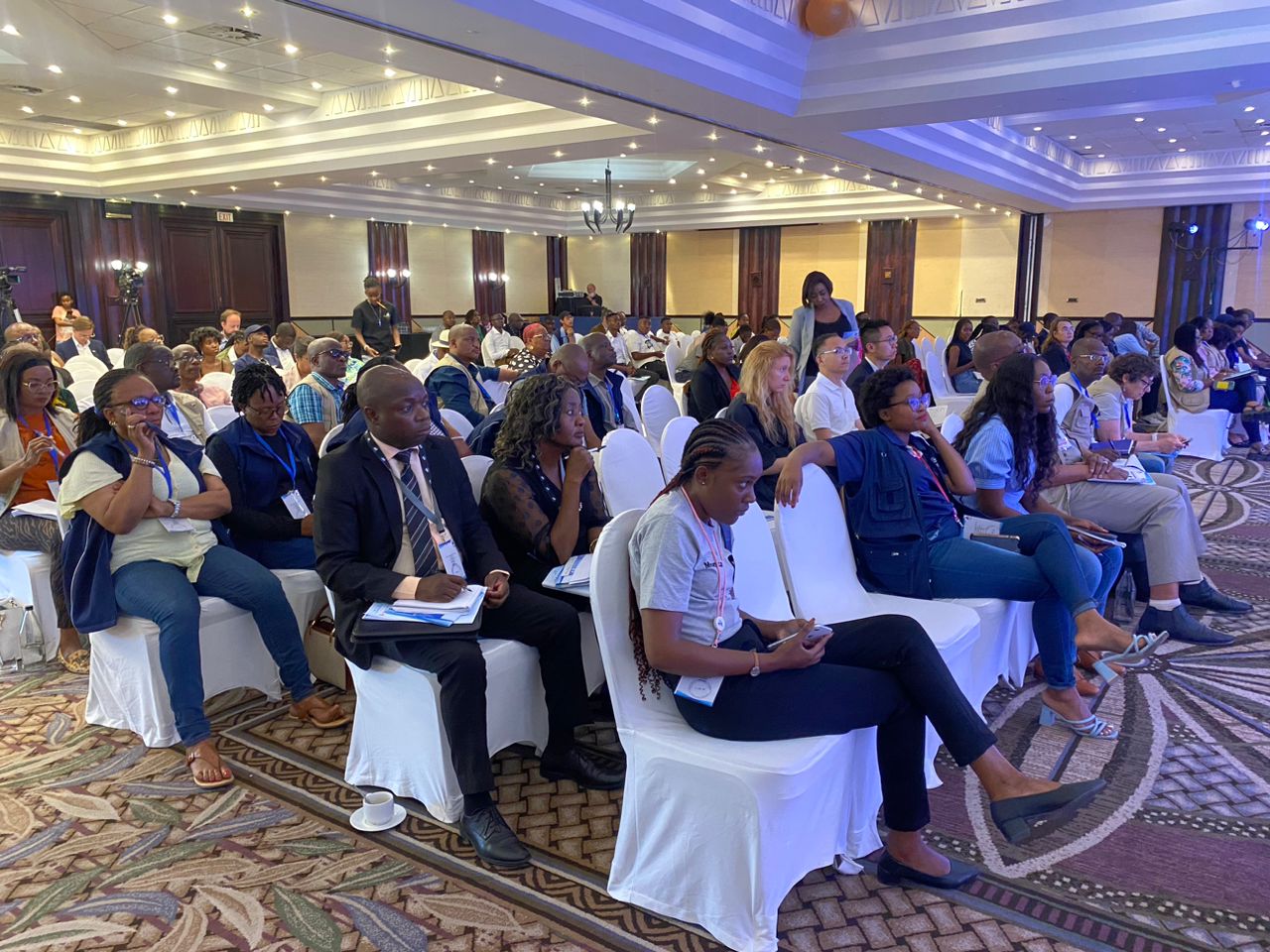The failure of some City of Windhoek employees to pay N$2,5 million for rates and taxes and consumption services has drawn the ire of some political parties.
They describe the situation as “shocking and embarrassing”.
Others feel the city should not treat its employees with kid gloves.
Their failure to service debts come at a time when the municipality has contracted the services of debt management firm RedForce, which has been haunting those with outstanding debts – especially in the high-density suburb of Katutura.
Independent Patriots for Change (IPC) spokesperson Immanuel Nashinge says it is shocking that highly paid employees are owing the council millions.
“We have a city that relies on residents. Every year these employees, whether they have performed well or poorly, get bonuses and are now owing the council such an amount? It’s embarrassing and unbelievable,” he says.
Nashinge says the Ministry of Urban and Rural Development must intervene.
“How many City of Windhoek employees have lost their houses or properties because they are not paying rates and taxes? What did the council do to make sure they paid up?
“But these are the same employees who go and cut the services to other residents because they owe the city,” he says.
Nashinge says the city’s employees should lead by example and pay up.
“This is why the city is not progressing. It just has too many problems, too many squatter camps and no proper parks.
“These colleagues are just salary collectors – nothing is moving,” he says.

NO ARREARS ALLOWED
In a strongly worded memo to employees dated 14 November, which The Namibian has seen, the city’s strategic executive of finance and customer services, Jennifer Comalie, stressed the expectation that employees should lead by example and meet their financial obligations to the council.
She made reference to the city’s credit control policy, which prohibits staff and council members from being in arrears.
“We urge all employees to settle their outstanding accounts or to visit the debt management division for a payment arrangement. It should, however, be noted that only disputed accounts, e.g. leakages and back charges will be accommodated for arrangements,” Comalie said.
Employees are urged to clear their accounts or arrange payment regarding disputed amounts by 15 December.
Failure to settle accounts could lead to service suspension and being handed over to external debt collectors.
Employees who spoke to The Namibian on condition of anonymity for fear of victimisation say although they receive a municipal allowance, it is not enough to cover their expenses.
They argue that the living standard in Windhoek is high, which has led them into debt with their employer.
They say their current municipal allowance is N$1 800.
By August, the residents, corporations, parastatals, and government institutions, agencies and ministries owed close to N$1,2 billion.
The debt is said to have been outstanding for more than 20 years.
SUGGESTION
Susana David, a masters of business administration in public sector management student at the University of Namibia in an opinion piece published last month suggested that the government initiate loans that are meant to assist citizens in paying off their water and electricity debts.
This modality, she said, could prevent consumers from having accumulated debt of water and electricity bills.
She said the council and residents need to find common ground and identify sustainable coordinated solutions as partners.
“Local authority councils could also provide relief by finding innovative ways in which defaulting residents could pay off their debts, and by installing prepaid water and electrical meters.
“Councils may also consider installing free prepaid electricity meters for the elderly, and writing off debts owed by pensioners, as well as waiving accumulated interest rates for all residents.
“It is also critical that the government, through the Ministry of Urban and Rural Development, find adequate avenues in which debt owed to local authorities is responsibly collected, taking into account financial difficulties faced by many households,” she said.
The high debt situation has led to the City of Windhoek enlisting the services of Redforce Debt Management CC.

NO SACRED COWS
City of Windhoek spokesperson Harold Akwenye says the city is dealing with the issue in accordance with its policies.
“Regarding the outstanding N$2,5 million owed by City of Windhoek workers, it’s crucial to clarify that while we understand the concerns, the approach to addressing employee accounts is in line with our policy.
“We do accommodate arrangements for disputed accounts, such as leakages or back charges, in accordance with established procedures. This is not exclusive to employees, but extends to all individuals with disputed accounts.
“The institution ensures equitable treatment of both residents and employees in accordance with our policies and procedures. Employees with only rates and taxes accounts are encouraged to settle their accounts to avoid the possibility of external debt collection in line with our policies for all individuals,” Akwenye says.
“As for adjustments to municipal allowances, any potential changes are subject to a comprehensive review process that considers various factors, including the current cost of living in Windhoek.
“The institution remains committed to ensuring fair and equitable compensation for its employees, while maintaining fiscal responsibility.”
INDISCIPLINE
Popular Democratic Movement parliamentarian Maximalliant Katjimune says the city employees’ failure to pay rates and services shows indiscipline.
“The employees must just settle their accounts. They work for one of the highest-paying parastatal institutions in the country and have incentives to reduce the burden on them,” he says.
“It is not fair at all for the rest of the residents. The city must put mechanisms in place to make sure these employees pay up. It sets a bad example,” Katjimune says.
Stay informed with The Namibian – your source for credible journalism. Get in-depth reporting and opinions for
only N$85 a month. Invest in journalism, invest in democracy –
Subscribe Now!






